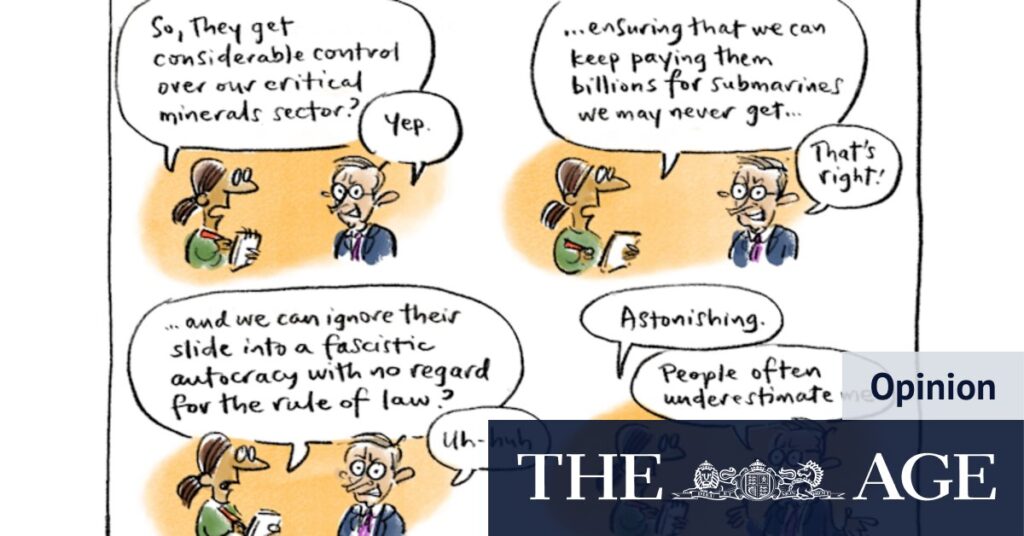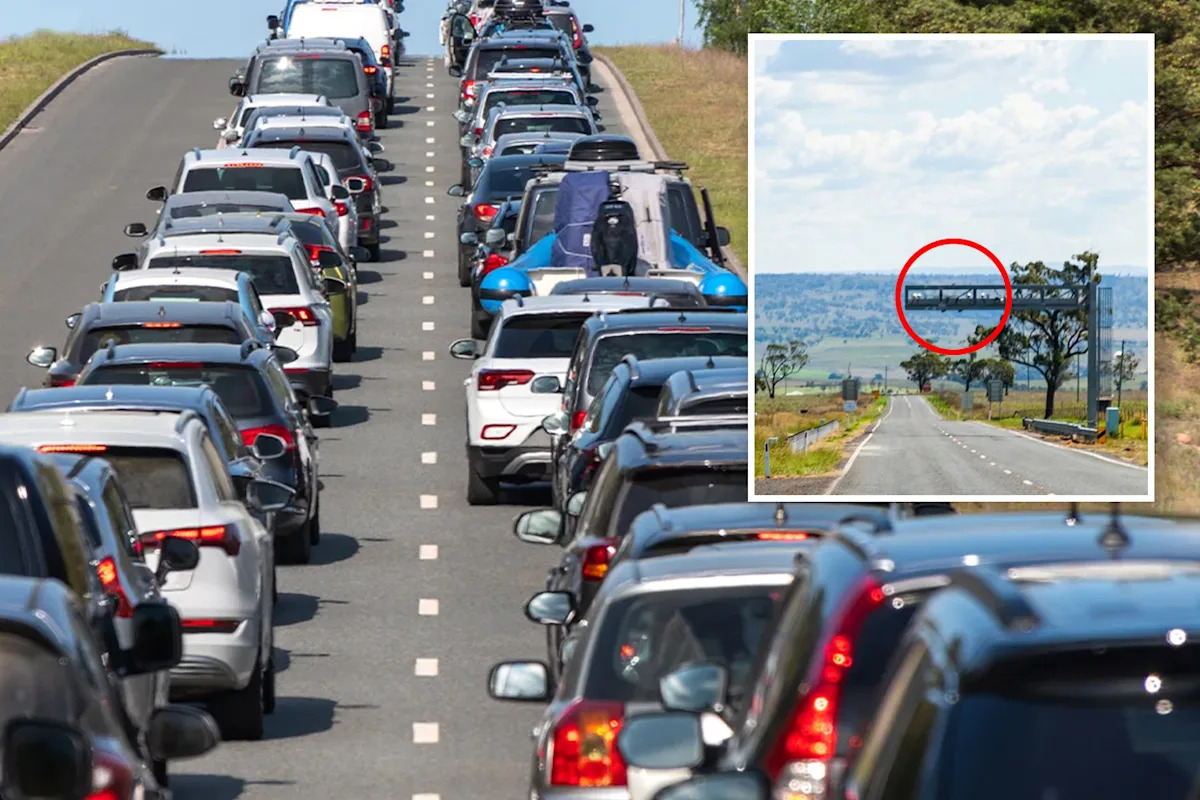
The debate over protest restrictions in Melbourne has intensified, with various groups calling for a permit system to regulate demonstrations within the city. This proposal has sparked significant controversy, as critics argue that such measures could undermine fundamental democratic rights.
The opposition, the Police Association, and Jewish community groups have advocated for protests to be confined to designated areas outside the Central Business District (CBD), a move they believe would reduce inconvenience to the public. However, the suggestion has been met with criticism, with many arguing that the essence of protest is to be seen and heard, and relegating them to less visible areas defeats their purpose.
Controversial Proposal for Permit System
The idea of a permit system for protests has been a point of contention. Critics, including columnist Chip Le Grand, have described Premier Allan’s response to the proposal as “tone-deaf.” They argue that requiring permits could lead to unnecessary arrests and legal actions against those who choose to protest without official approval.
Margaret Ludowyk from Brunswick humorously likened the situation to a Monty Python skit, questioning the practicality and fairness of such restrictions. She emphasized that while violence at protests should be addressed, the right to protest itself should not be compromised.
Impact on Businesses and Public Life
Heather Barker from Albert Park shared her frustration after being unable to reach the city due to a protest-related tram stoppage. This incident highlights the ongoing tension between maintaining public order and allowing free expression. Many businesses and city-goers have expressed concerns about the disruptions caused by frequent protests, questioning how long they can endure such interruptions.
Premier’s Stance on the Issue
Premier Allan has defended the right to protest, calling it a “very important tenet of our democratic society.” She dismissed the permit system as ineffective, noting that the police already have the necessary tools to manage protests. Allan’s balanced approach aims to uphold democratic freedoms while ensuring public safety, a stance that some, like Luke Selleck from Upper Ferntree Gully, find reasonable amidst growing global authoritarianism.
Violence at Protests: A Misconception?
Chip Le Grand and Philip Dalidakis have highlighted violence at recent protests, particularly those supporting Palestinian causes, as justification for stricter regulations. However, Kate Kennedy from Hampton East argues that such claims are exaggerated. She stresses that the protests are part of a global movement against the humanitarian crisis in Gaza, and that violence is not a regular occurrence at these events.
“The focus of the rallies has been to pressure our government to extract itself from Israel and its deadly war machine,” Kennedy stated.
The Role of Humor in Protests
Jon McMillan from Mornington suggests that humor could be a powerful tool in protests. He cites the example of American anti-Trump protests, where creativity and wit have been used to convey messages effectively. McMillan encourages Melbourne protesters to adopt a similar approach, using humor to disarm opponents and highlight the absurdity of certain political stances.
Broader Political Implications
The debate over protest restrictions is part of a larger political discourse in Australia. Bruce Watson from Belgrave points out that internal dissent within political parties, such as the Liberals, could be more productively addressed than focusing on external criticisms. Meanwhile, Chris Verso from Albury questions the moral compass of political leaders who engage with controversial figures like Donald Trump.
As the conversation continues, it is clear that the issue of protest regulation is multifaceted, involving considerations of democratic rights, public order, and political strategy. The outcome of this debate could have significant implications for the future of public demonstrations in Melbourne and beyond.
As discussions progress, stakeholders from all sides will need to navigate these complex issues, balancing the need for public safety with the preservation of fundamental democratic freedoms.





